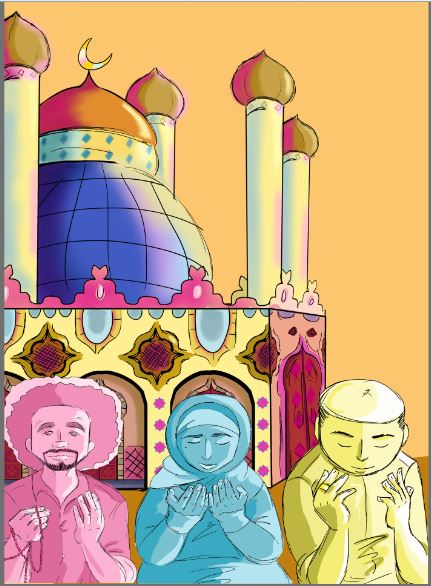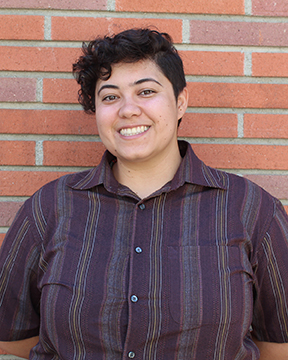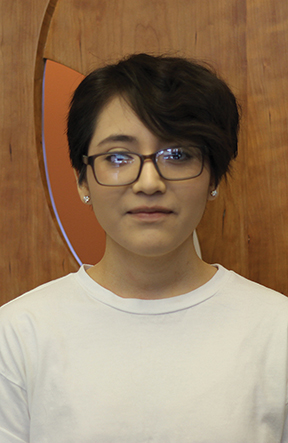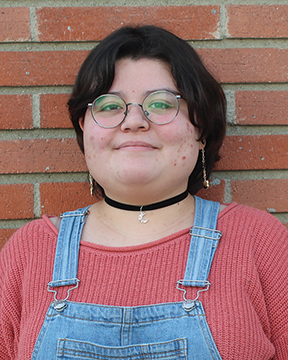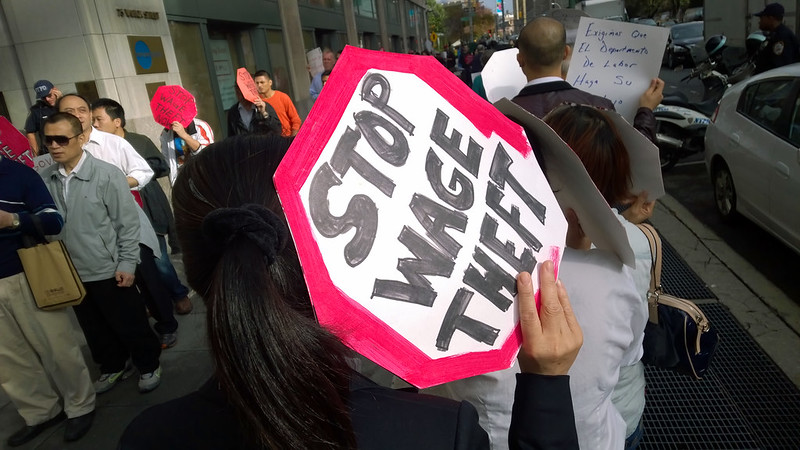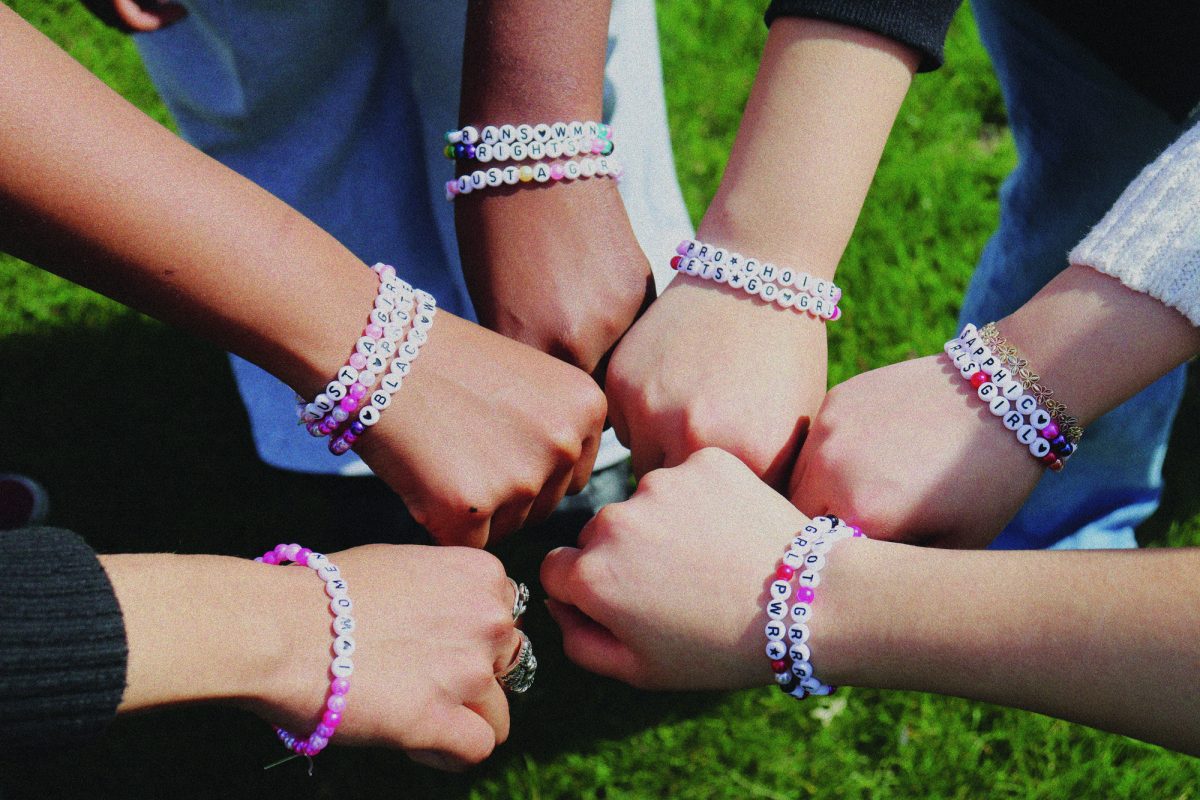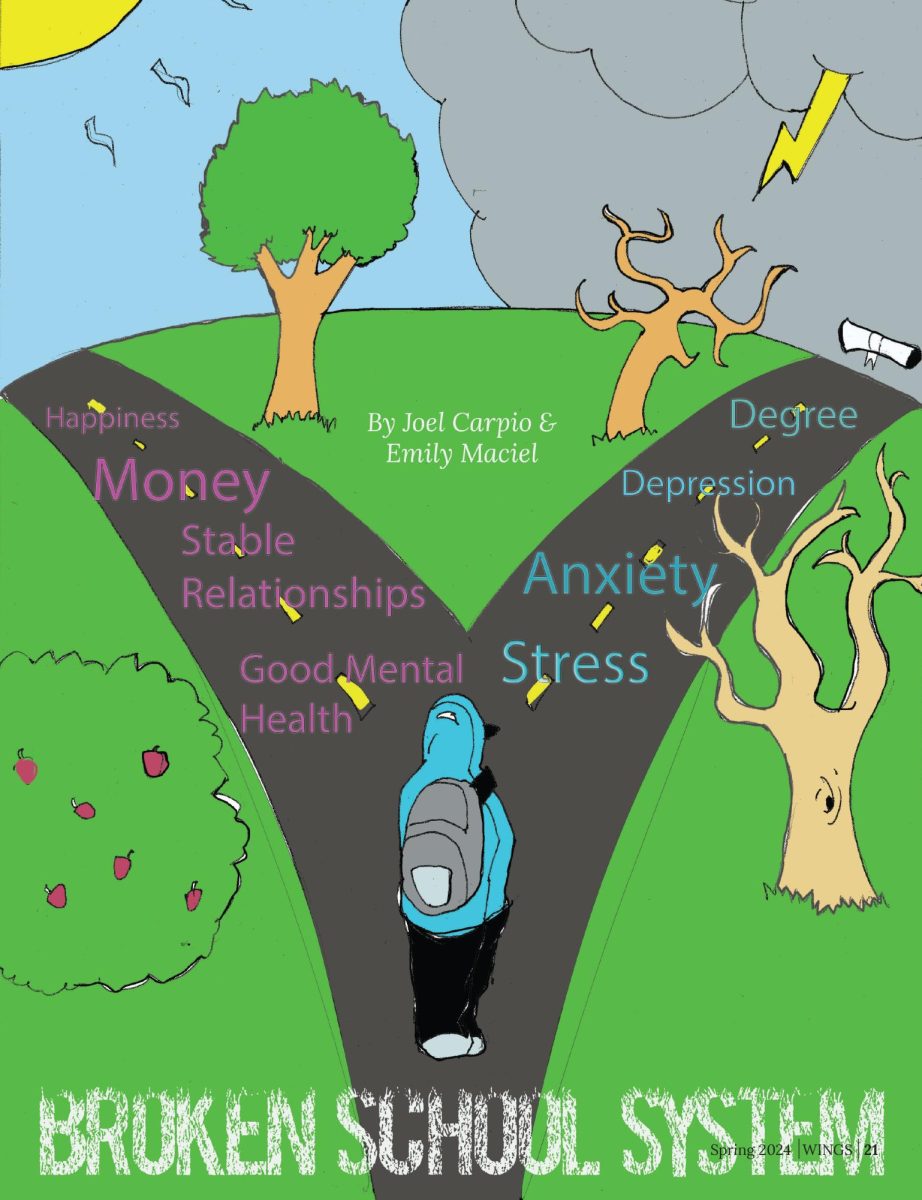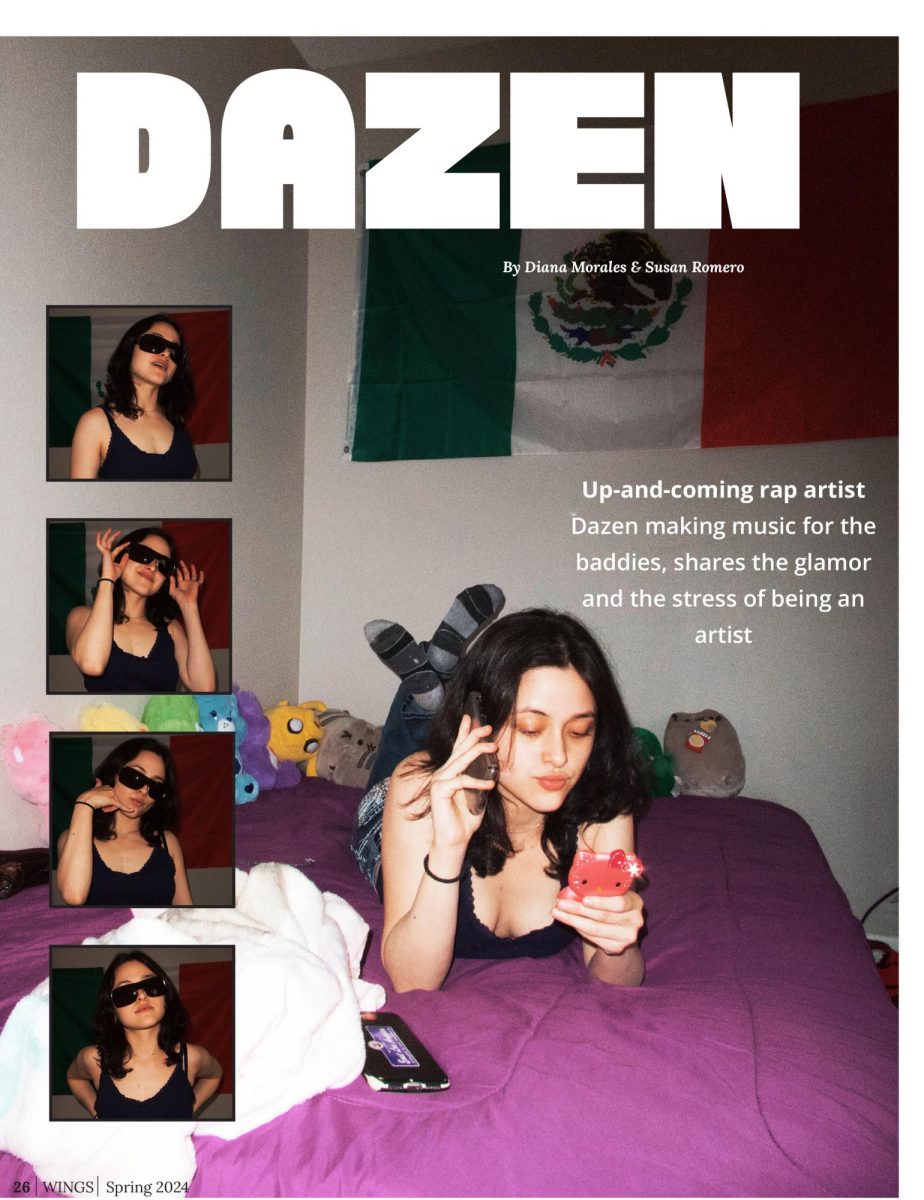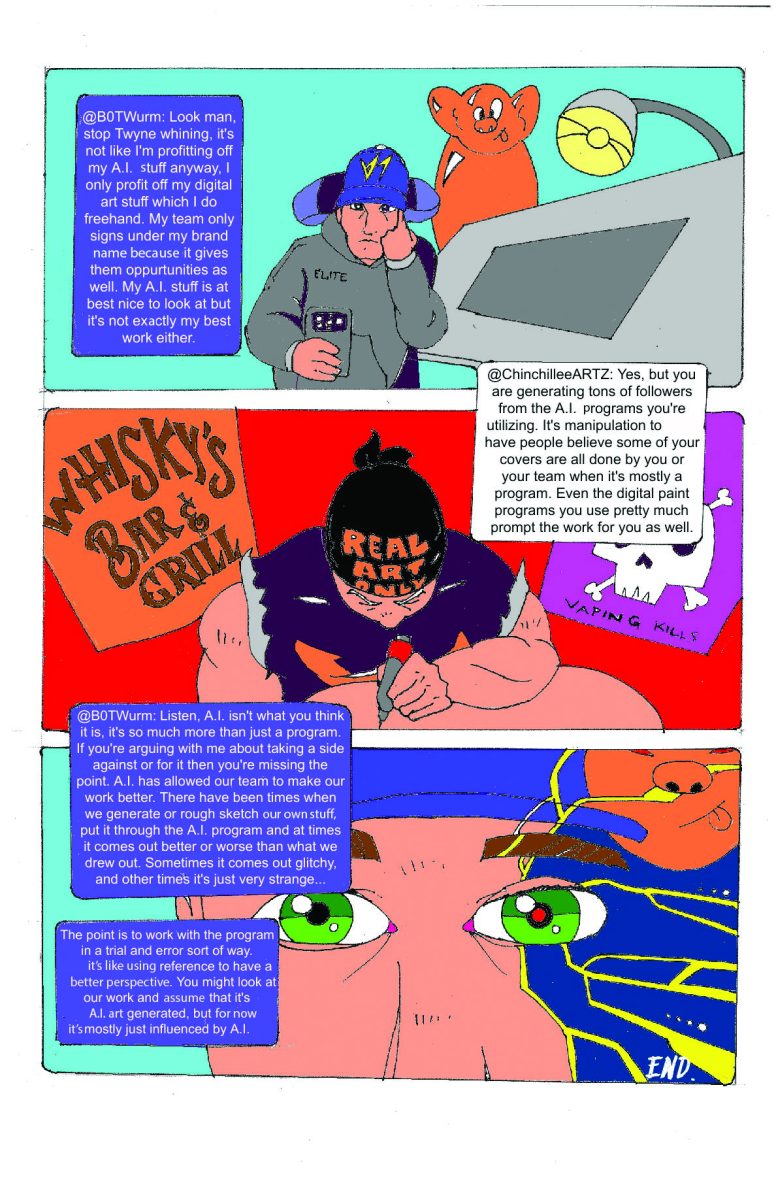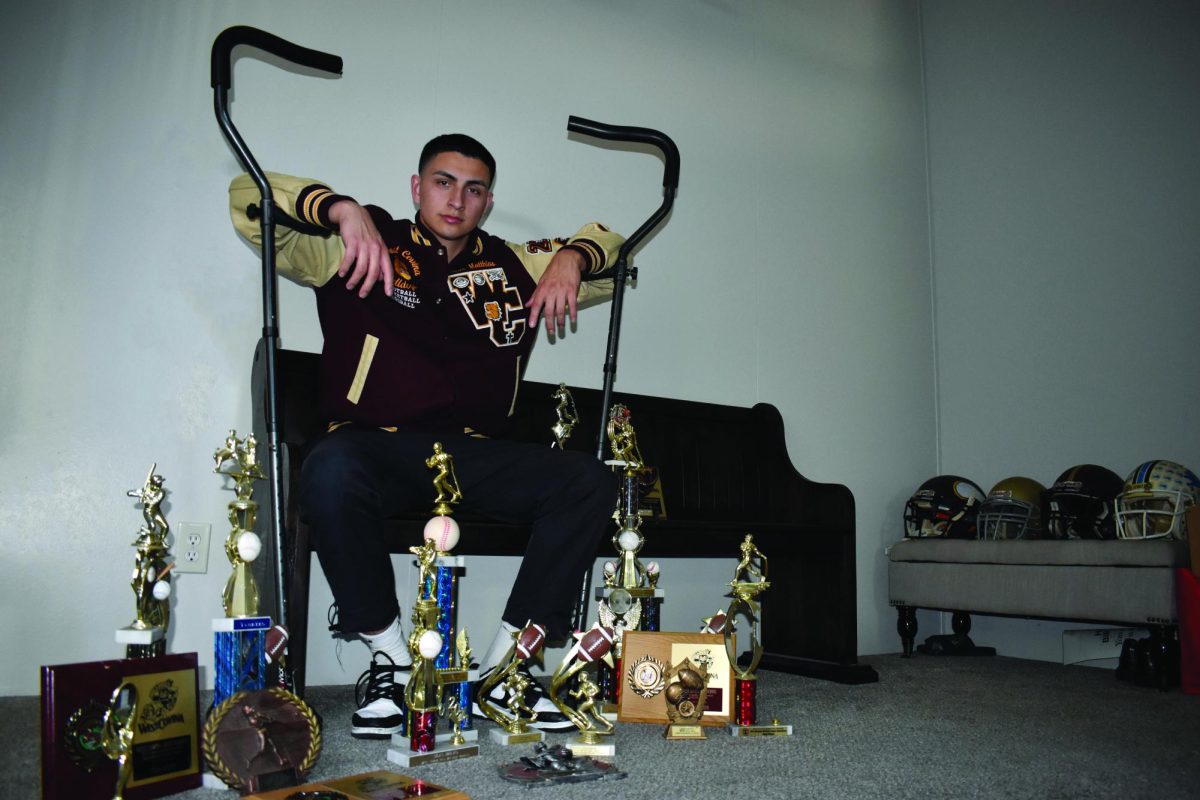“For 10 years, I lived as a [presenting] female,” Nuralain Khoury said, “It was incredible. That was truly the best time of my life… my biggest transition was my de-transition.”
Khoury, 40, transitioned from male presenting to female and then de-transitioned to present as a male once again.
Khoury, who wished to not use her real name for safety reasons, said she identifies as female although she had to, unfortunately, de-transition a few years ago for security purposes—dealing with physical and verbal attacks and harassment.
About 40 years ago, a Lebanese “boy” was born into a low-income Muslim family and grew up in a religious community. Little did the family know, they had a daughter who had zero understanding of being “male,” since she was about 5 years old.
“Presenting to the world as a guy, I was a very big, tall guy, 6-foot-4, I can [look] very intimidating,” she said, “Like my therapist seems to tell me, I always have that ‘iron man’ suit that I’m in. This ‘iron man’ suit that does everything, takes care of everything.”
Growing up in a place where being gay is not only considered taboo but nonexistent, Khoury had no knowledge of what it meant to be gay or transgender, she had never heard the word before in her life.
Khoury said, “It was never an option in any sort of way to be [gay or transgender], it’s a much easier thing [to think] I have cancer in my brain or [that] there’s something wrong with me [rather] than thinking that there’s anything about my sexuality or my gender.”
Khoury doesn’t consider herself to be religious because of past experiences but believes in God and found peace with Islam, which she describes as an incredibly spiritual and healing exercise.
Samia Bano, 37, LA resident and operations manager for the Women’s Mosques of America, considers herself a “border crosser” or “bridge builder” between conservative and liberal Muslims.
She said, “In many ways, my lifestyle is very traditional which is why many people think that I am traditional, but once we start to look into the issues, it’s harder to categorize me. When it comes to issues like LGBTQ issues and environmental consciousness, I lean very progressive.”
Bano is also an active member of Muslims for Progressive Values, a non-profit organization that advocates for human rights, social justice and inclusion.
One of MPV’s principle goals is including lesbian, gay, bisexual, transgender, queer and intersex individuals and say they are committed to ending discrimination in society and in the Muslim community and endorse their human and civil rights.
During puberty, Khoury said she developed more like a female and even grew breasts, explaining that her doctor thinks she is actually intersex. Intersex is a general term used to describe people who can’t be classified as typically male or female.
She was prohibited from speaking to the doctor about her condition and asking questions as a child.
When Khoury developed breasts, her thoughts and situation couldn’t remain hidden, it was right in front of her eyes. Even then, she was made to believe it was a disease in her brain.
She would wear two or three shirts to cover herself and would glue her chest with superglue to the point of dealing with infections, all for the sake of hiding.
“You’re very lonely, you know? You’re very, very lonely,” she said somberly, “So, I feel like that’s probably my earliest parts of dissociation or starting to feel that ‘okay I have to keep myself safe somewhere else and I have to present to society as someone different.’”
Bano says that she had never even heard of the word homosexual or what that referred to while growing up in India and Pakistan and only heard and discussed LGBTQ issues while in college in the United States.
Also, she said that discussing controversial issues with older family members is difficult due to their beliefs.
She said, “They tend to have that attitude of ‘no, it’s just wrong’ and that’s it and ‘don’t even think more about it because you are going to get lead astray,” Bano laughed, “It’s usually followed by questions like ‘have you been led astray?’”
Khoury left Lebanon at 17 years old and arrived in Los Angeles, not knowing where she was, with $5 in her pocket and never having a job outside of semi-professional sports or having used a phone or car.
From arriving with nothing, not knowing anyone and living on the streets for the better part of a year, Khoury put on the ‘iron man’ suit and went from “zero to ending up joining corporate America” and working in finance in Long Beach.
She put her six brothers and sisters through school, paid for weddings and whatever else her family needed. She said other fathers back home would put her on a pedestal, encouraging their eldest sons to strive towards a similar success.
Khoury is divorced and has three children, who see her as “mom.”
Although she lives in mainly-conservative Orange County, Khoury views LA as more open and feels more comfortable and at home when visiting.
Around the age of 27, she remembers starting therapy in regard to gender, which helped Khoury better understand herself.
Gradually, she began to present herself as a woman in public starting with “little things” like painting her nails and dressing more feminine.
“The word transition wasn’t a part of my life anymore, I was just me,” she said, “I transitioned at work, I was female everywhere and I still did amazing.”
She began to speak at universities about her experiences, leaving no detail out and having nothing to hide, in an effort to reach out and connect with other Middle Eastern folks with similar backgrounds and who felt stuck and as if there were no others to relate to.
“In fact, what helped me during my transition was truly Islam, you know, more than anything else. It gave me confidence, it gave me love when I couldn’t find love,” she said.
Frustrated, Khoury emphasized that the Quran does not say negative things about gay or transgender people, misinterpretations tend to come from men in positions of power that interpret it for others.
“It specifically says in the Quran it’s nobody’s job to tell anybody that they’re going to hell. Everybody forgets that,” Khoury stressed, “I promise you, if [the prophets] were here, they’d be hanging with the LGBT community, they’d be with people who need help and representation.”
Bano agreed and said, “[I started] to learn and discover what it means when somebody has that orientation and that we cannot blame, judge or shame them in any way because that is how God has made them. We have to love them like we would love anyone else.”
With Khoury’s transition came with the consequence of her family disowning her “in a heartbeat,” saying they wished she had died rather than come out.
In the workplace, Khoury went from having “dibs” on the best clientele to having “cute” ideas and not being taken as seriously as before.
She went from friends fighting over who got to spend time with her, to them considering her being “too weird for God to love.”
“Where do you get that support? Your family disowns you, your friends disappear, you go to the community and then you have to belong to one thing or the other or else you’re judged there. So, it was tough,” she said.
Sometime after she was “exposed to a sexual attack,” which she wasn’t in the least bit prepared for, Khoury made the decision to de-transition.
The most “horrible decision” of her life was having to revert back to that ‘iron man’ suit, the only thing she’s known how to do 30 years of her life.
Khoury fears she has done too much “damage” on her body to go back to her “normal self.” To her, life wouldn’t be worth it if she cannot be herself.
She thinks even though some people might think it is shallow, she wants to be able to feel good about her body and the way she presents.
“I want to go shopping again in the nice clothes section for a change,” she laughed, “I don’t want to use those disgusting bathrooms anymore. I cried for a week the first time I went back to the men’s bathroom and some guy was there and I just felt so wrong.”
Khoury said that although she has every reason to say she hates her life, every day is terrible and she can’t look in the mirror, she is choosing to think it’s just another part of her puzzle and she doesn’t know what the big picture really looks like.
She continued, “There’s something good coming, hopefully. What that is, I don’t really know.
“I just want to get more excited about that. I want to not lose hope, I want to think that something good is coming out of all this.”







